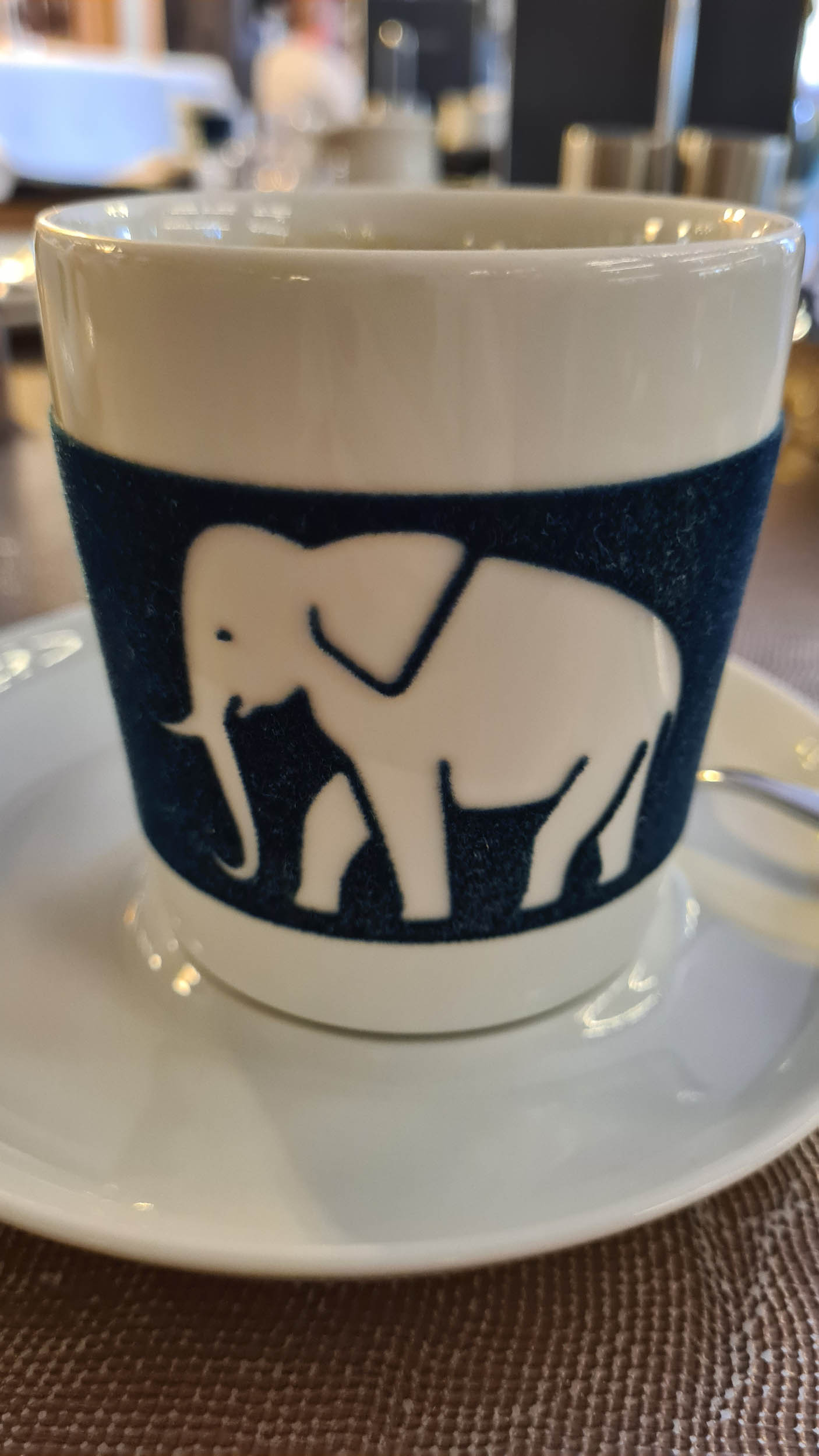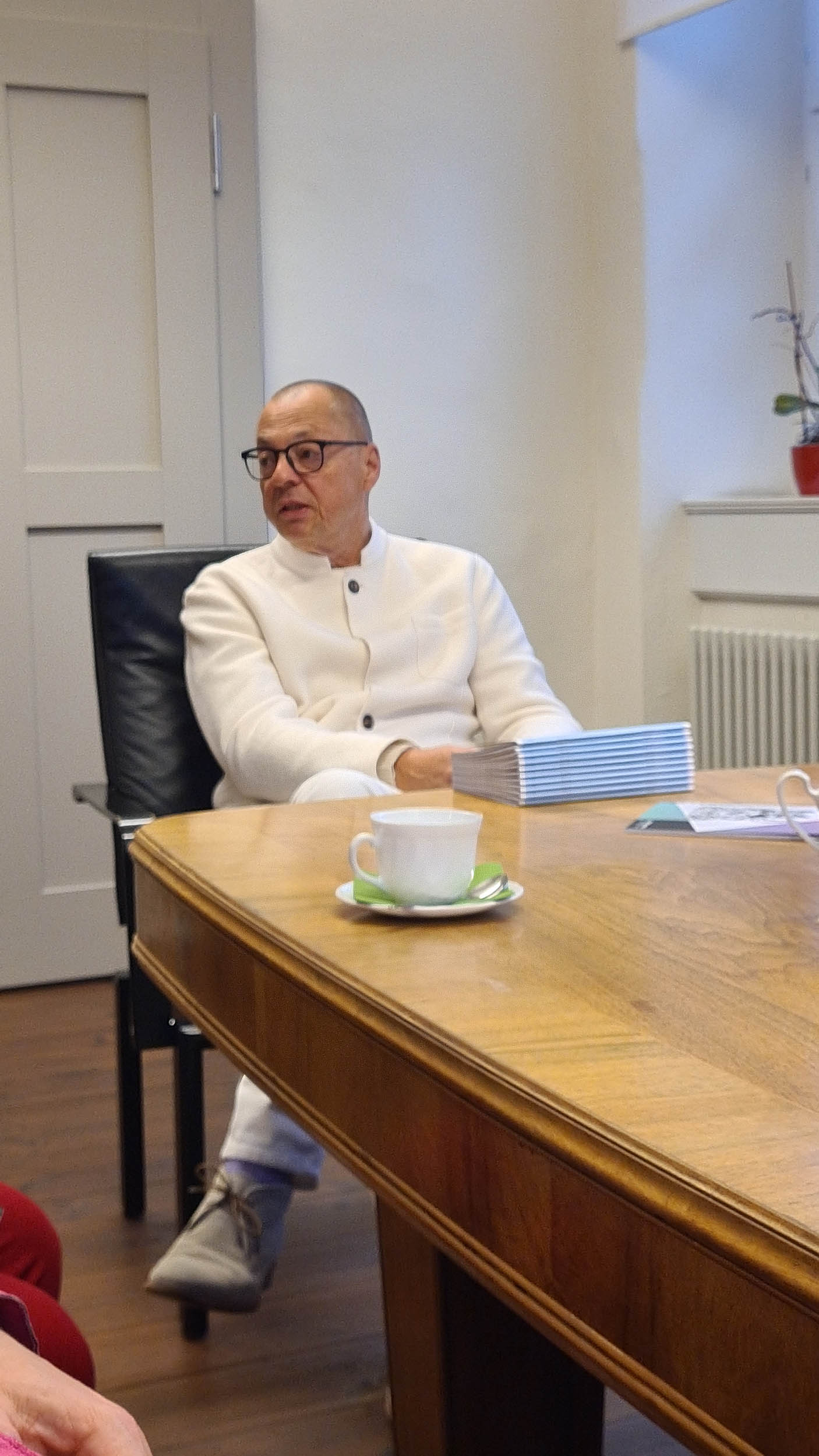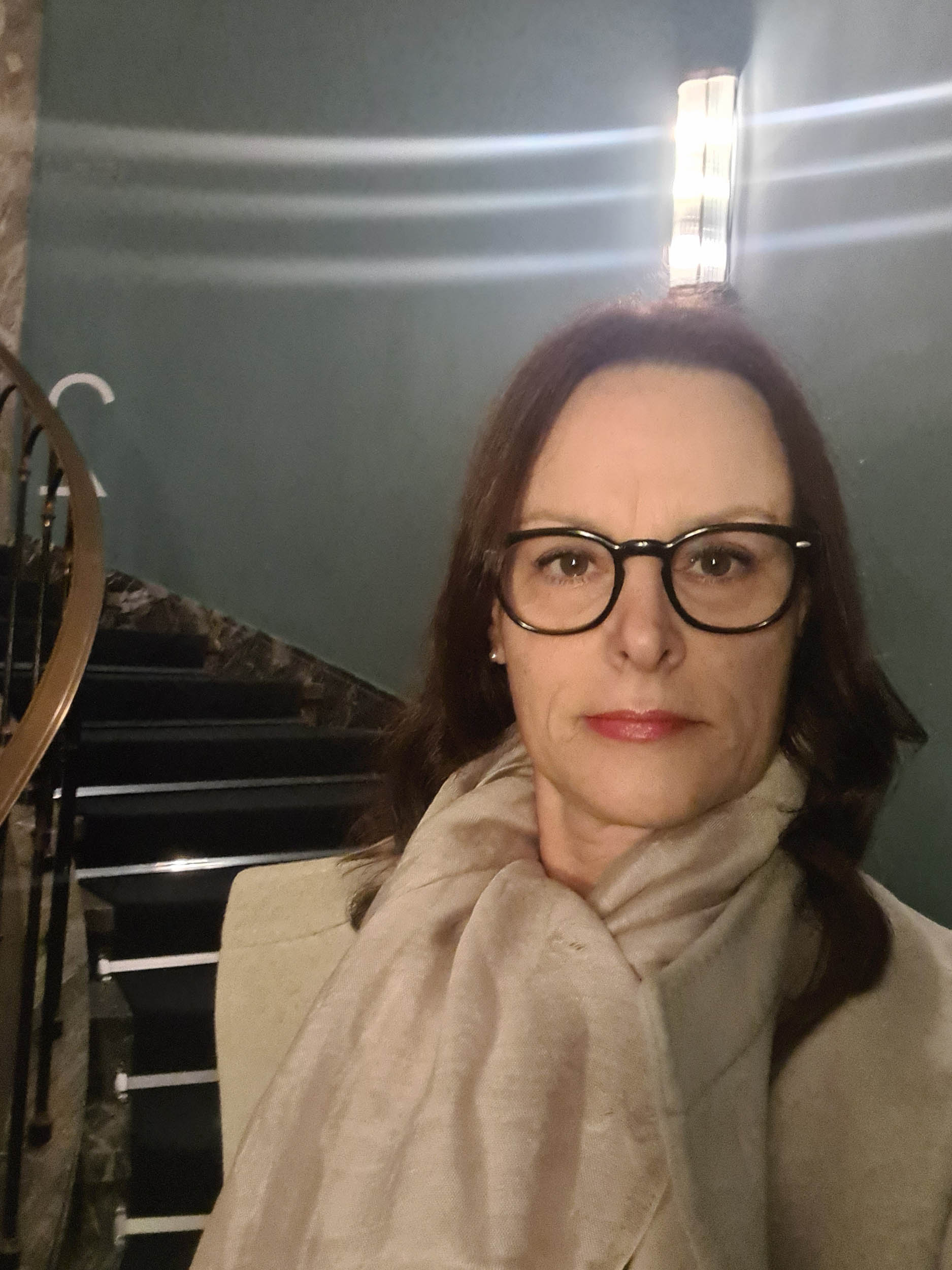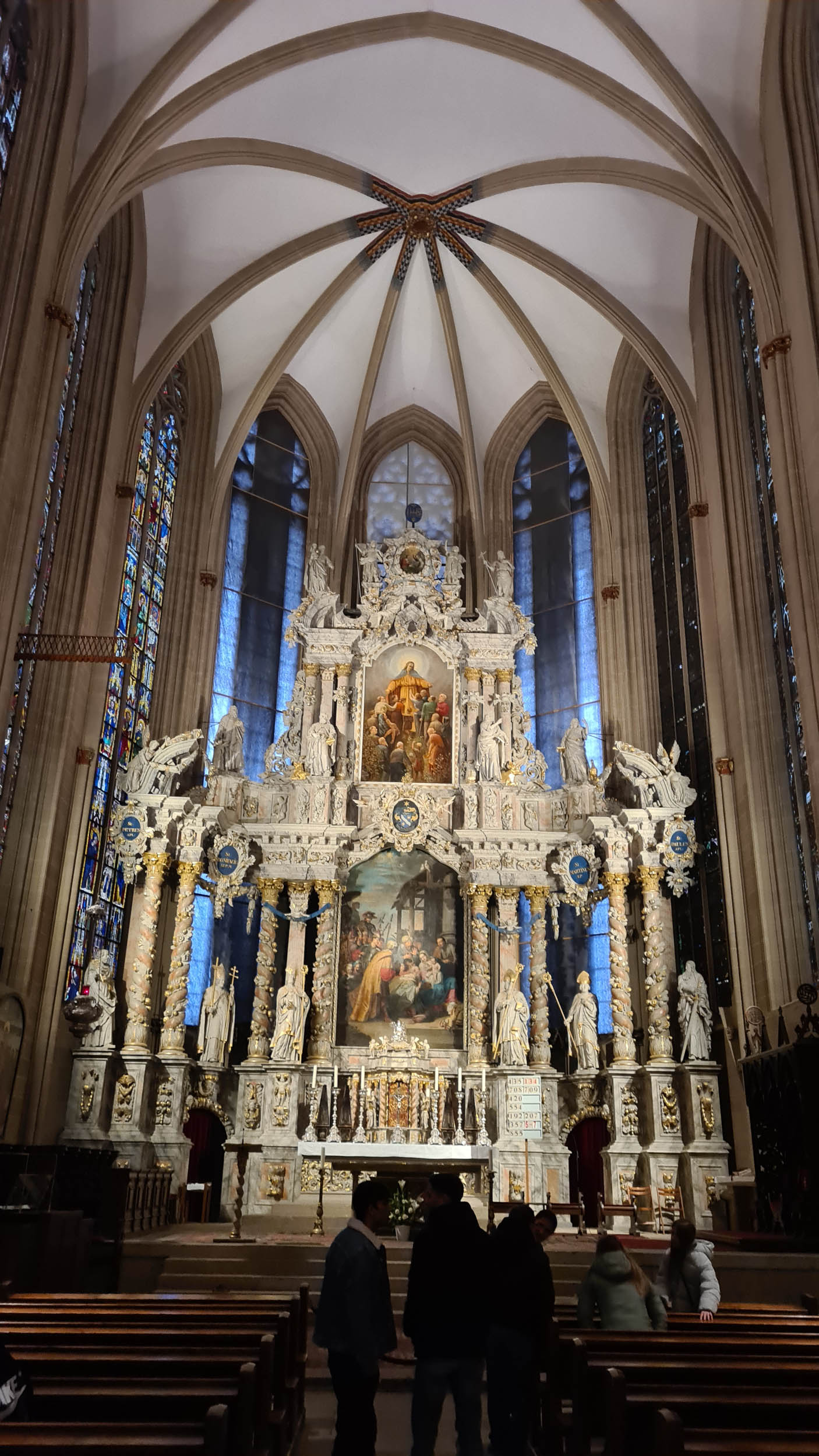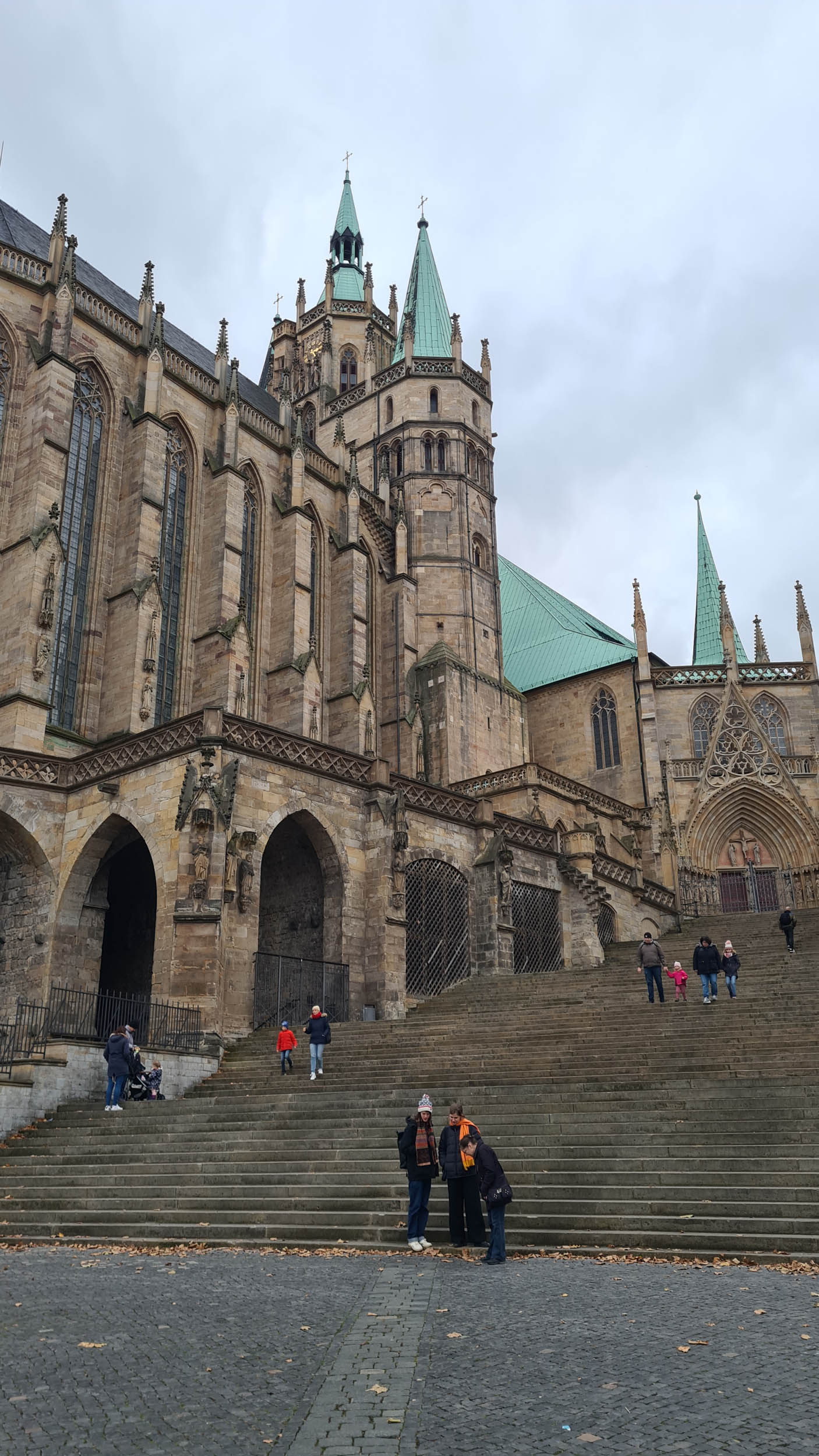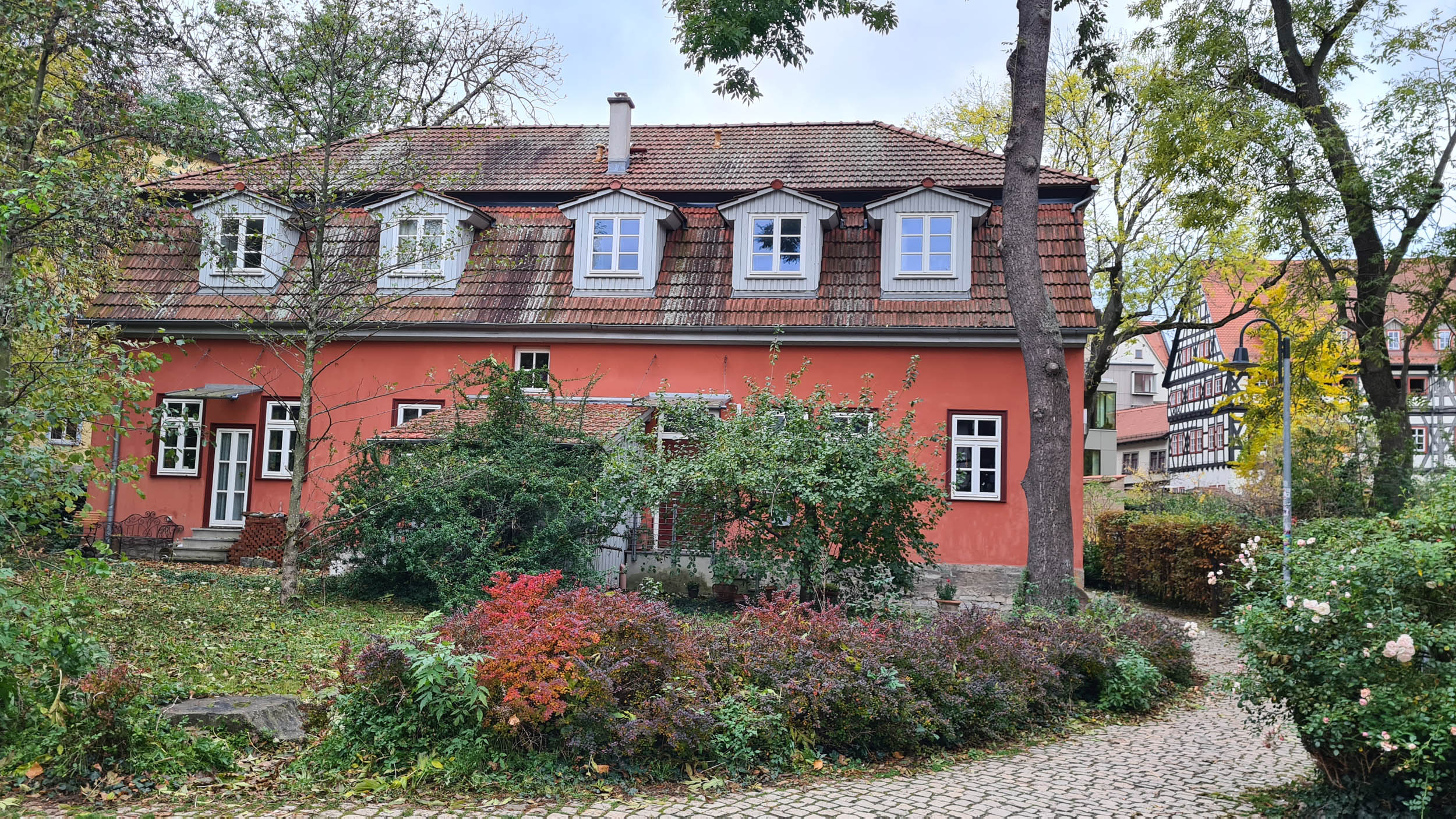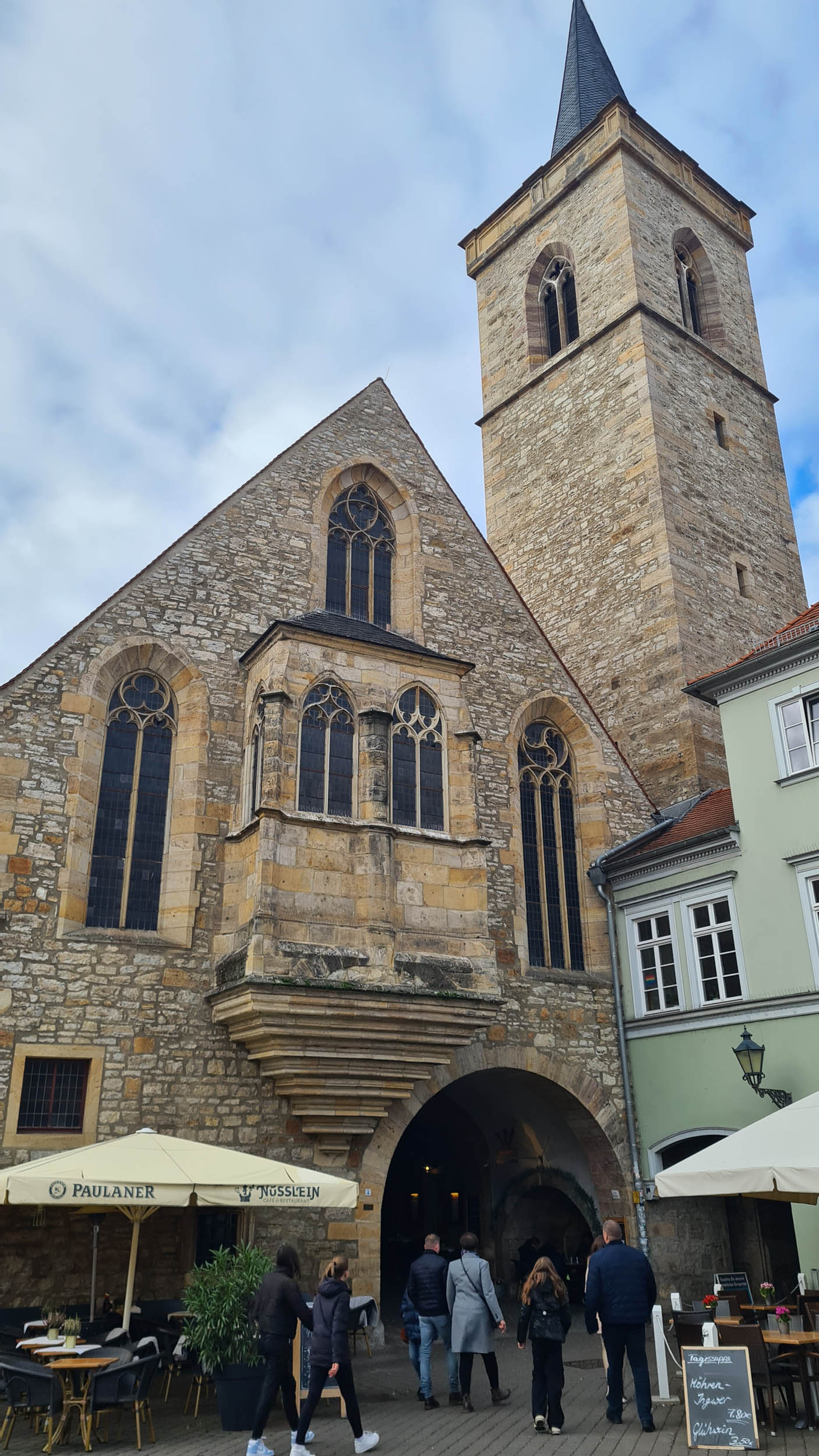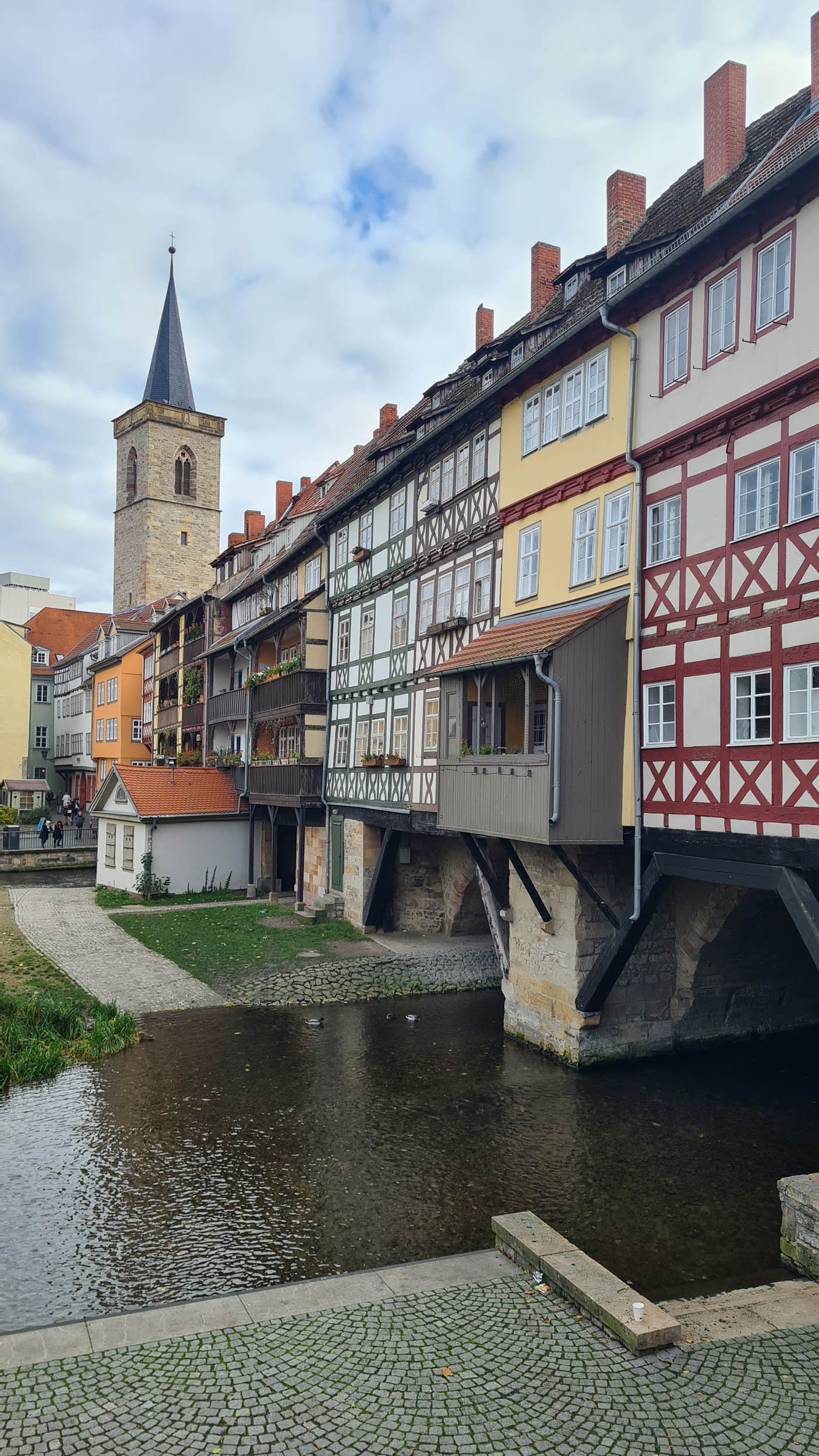WEIMAR – ERFURT | Trip November 2023
We arrived from various places in the German-speaking region on the first evening for a welcome toast and a short get-to-know-you session.
The first dinner together in the halls of the legendary Hotel ELEPHANT, the undisputed number 1 in the area, took place in the hotel's own restaurant. We took plenty of time to socialize and had the first opportunity to get to know Thuringia's local cuisine.
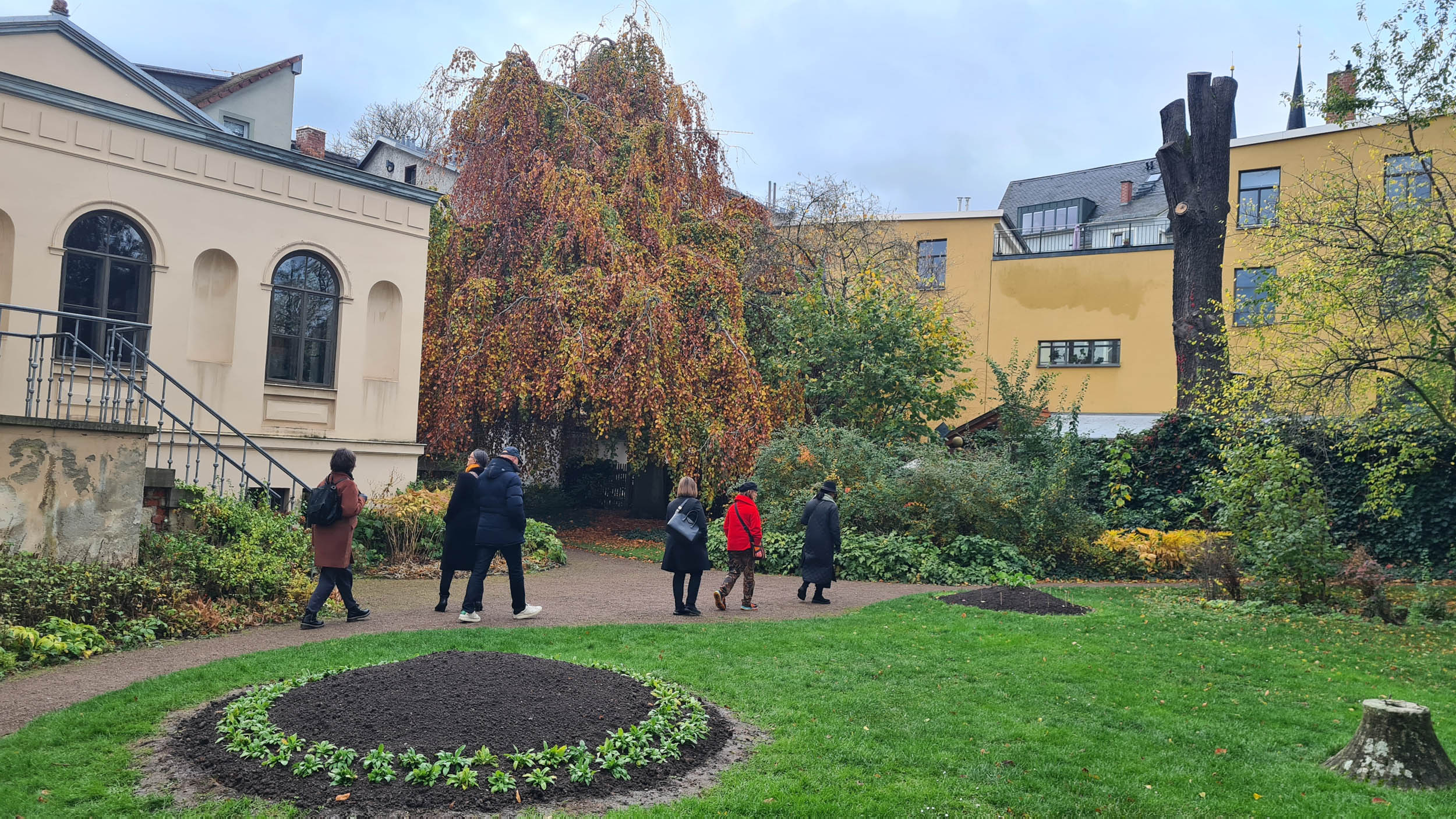
The following morning we had an introductory city tour with what we were told was the best tour guide in the city. We really enjoyed that too - in addition to all the wonderful buildings and sightseeing, we also enjoyed the wonderful autumnal foliage color - which was evident in the city's park. During this walk we got a first meaningful impression of the importance of this area with its history and culture in the context of the German-European context in the different eras.
During our stay, what this means became even more detailed. By visiting the relevant hotspots such as Goethe's home, the Anna Amalia Library and the Bauhaus Museum, we got a good overview. In the evening there was the next opportunity to experience rustic Thuringian cuisine in our friendly company.
At this point one of my beloved historical statements: Today's Thuringia, and also the Free State of Saxony, are based on the heritage of the Wettins, one of the three oldest German noble families. Due to the complicated division of inheritance, the so-called Leipzig Partition occurred in 1485, where the two brothers Ernst and Albert shared the inherited lands. The Ernestine line was further divided into smaller duchies (Saxony-Coburg, Saxony-Weimar-Eisenach and many others), which is why Thuringia has the largest concentration of duchies in Europe with the corresponding castles and palaces. In Saxony the Albertine line was predominant with a single sovereign who also held one of the seven votes in the election of the German emperor. Saxony became a kingdom in 1806 - always in competition with the Kingdom of Prussia.
The next day we took a bus to Erfurt, the capital of the Free State of Thuringia.
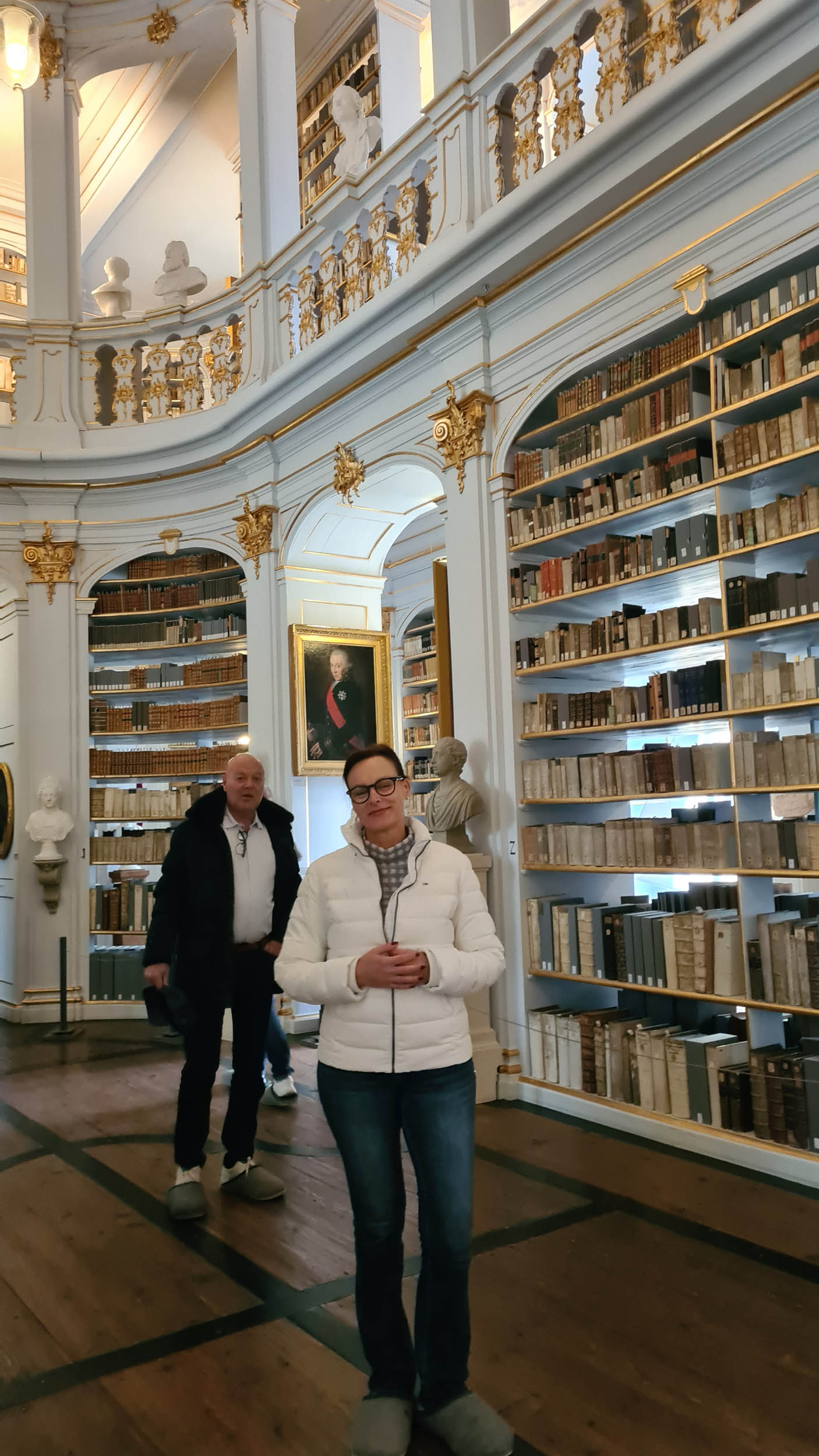
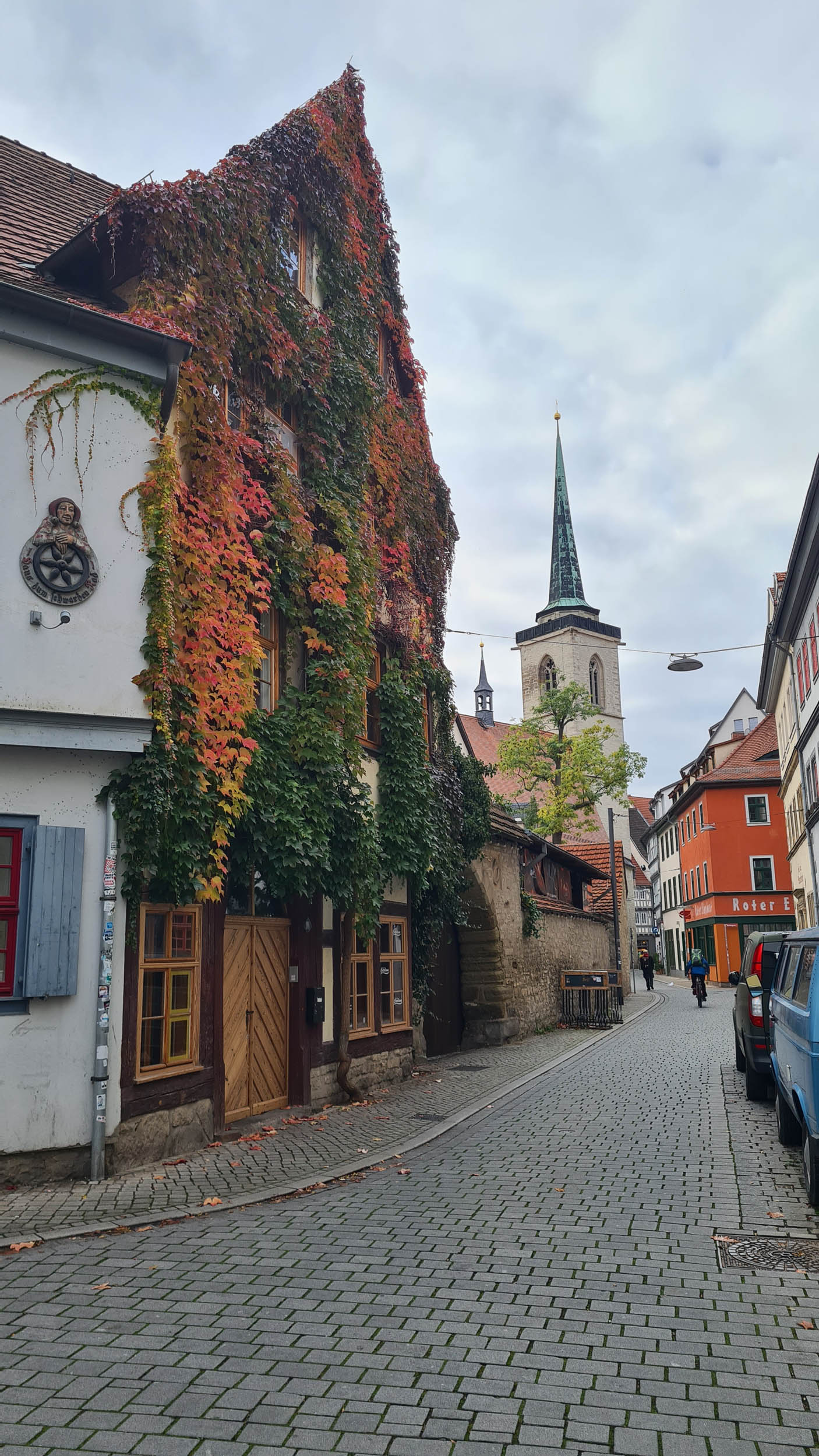
Back to our day in Erfurt. There we were accompanied by the mdr journalist Antje Kirsten. First we visited the brand new UNESCO World Heritage Site in Erfurt in the old Jewish quarter, the medieval mikveh and synagogue with the spectacular gold treasure that was found in recent years as a result of construction work.
Afterwards we strolled leisurely over the famous Krämerbrücke of the Gera river, which is literally filled with very pretty little half-timbered houses.
At lunchtime we again enjoyed hearty local cuisine, such as roast goose, red cabbage and Thuringian dumplings, homemade Thuringian brawn or similar successful culinary delights. Just in time for the upcoming Advent season, even with mulled wine. The well-known ice cream factory on the Krämerbrücke served as dessert. A worthy end to this great meal.
We continued on foot through the beautiful alleys with an amazingly authentic medieval flair towards the Augustinian monastery, where Martin Luther - after studying law at the University of Erfurt - entered as a monk after a memorable life event. Everything else is history - as always.
Finally, we visited the striking Erfurt Cathedral, which functions as the cathedral of the Catholic diocese of Erfurt - in predominantly Protestant Thuringia. After climbing the over 70 cathedral steps, we were rewarded with an impressive interior with wonderful choir stalls and high altar.
After returning to Weimar, a special evening event awaited us, namely a symphony concert by the famous Weimar Staatskapelle, one of the traditional orchestras in the world (actually easy to understand).
The program was very Austrian with Anton Bruckner and conductor Bertrand de Billy.
Socializing was on the agenda again this evening - as always - with a good night drink together in the hotel bar, which we appreciated.
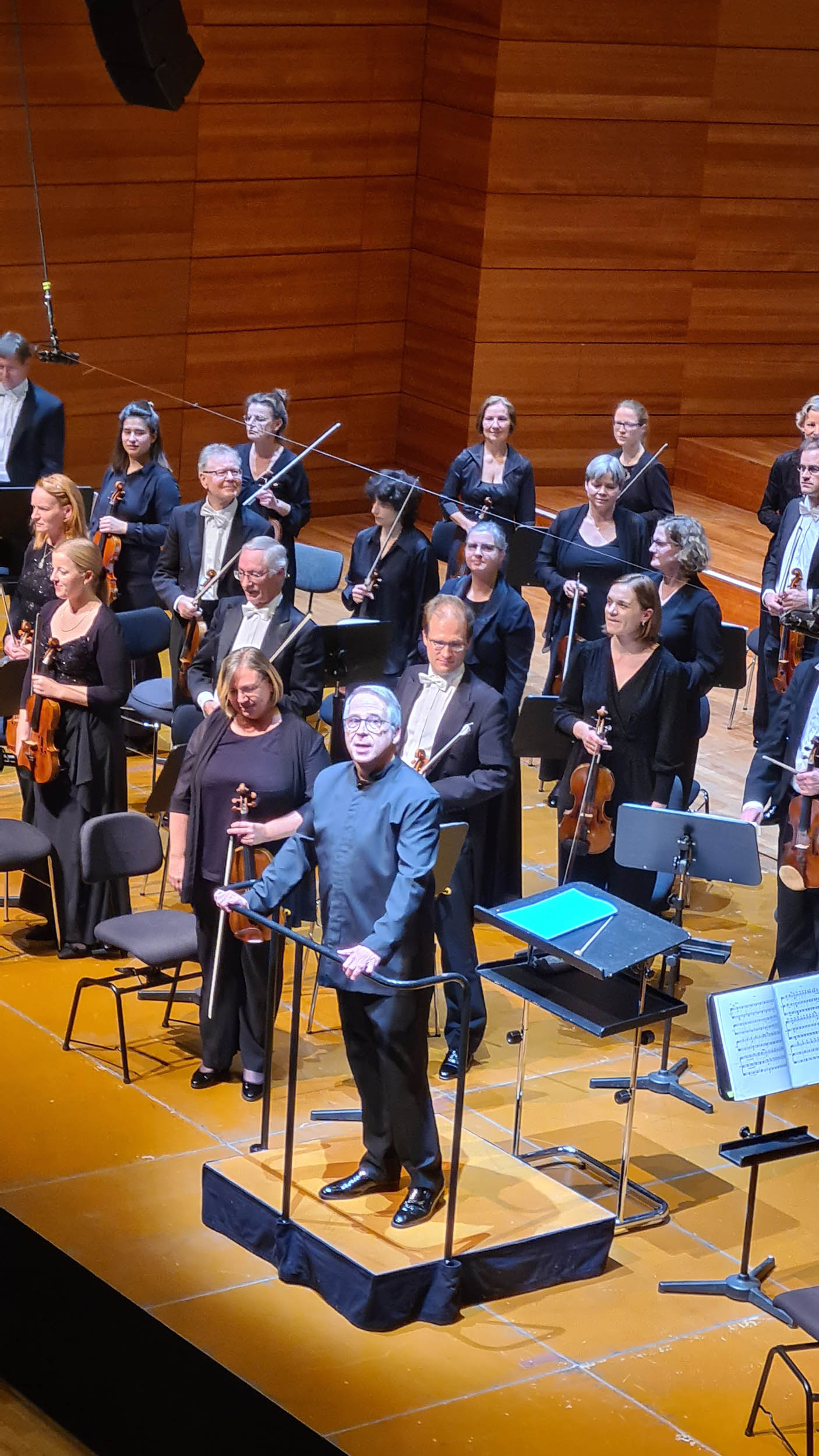
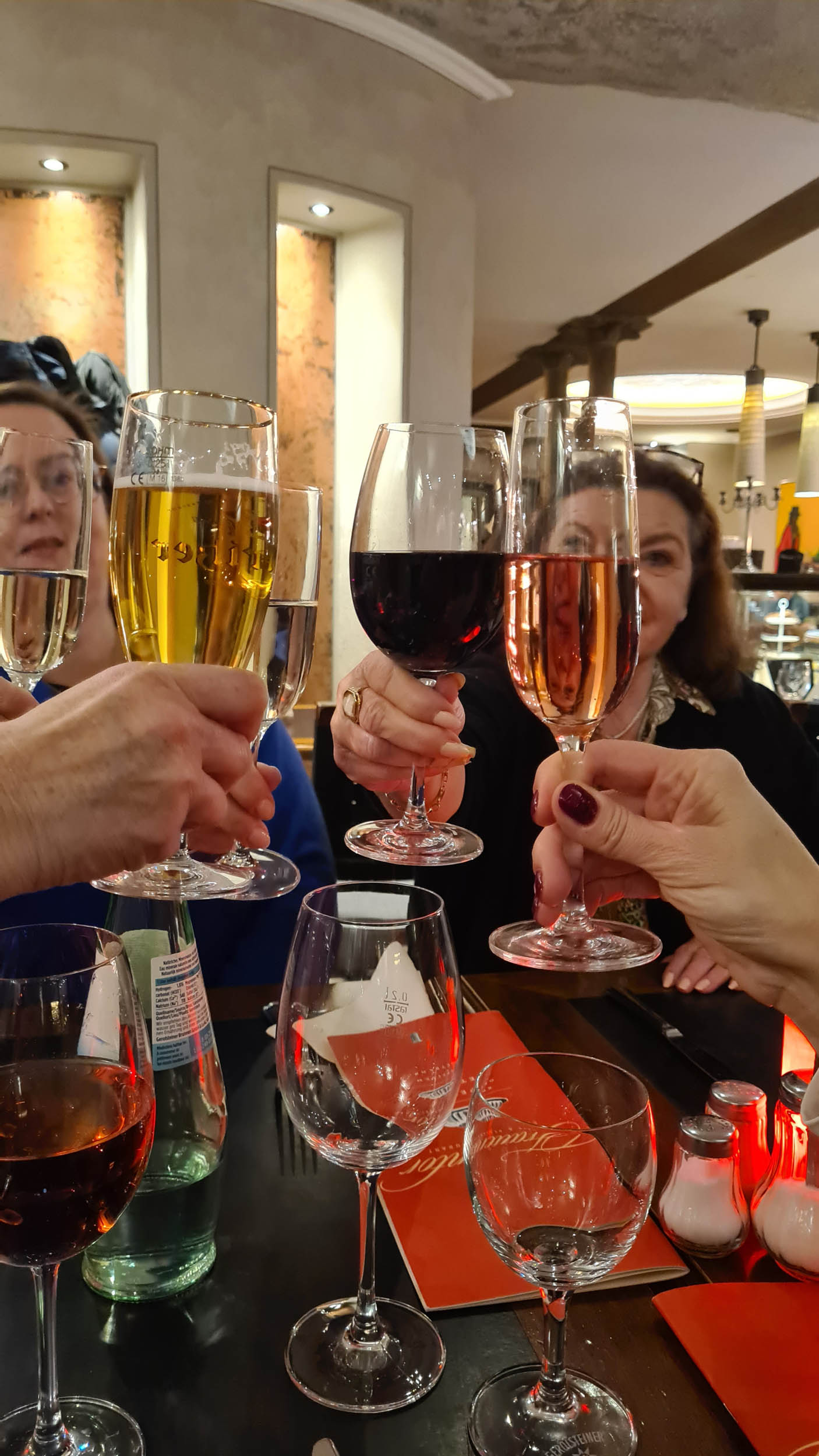
The next day we were personally welcomed into his hallowed halls by Mayor Ralph Kirsten. His detailed explanations of the diverse tasks of a committed mayor in Weimar were very enriching for us.
From there we continued with a very informative city tour - all in all a well-rounded and coherent end to this special trip. Of course not before we said a dignified farewell in the evening at a wonderful local restaurant.
The morning after, we enjoyed the hotel's excellent and extensive breakfast one last time, depending on the time we had left, before everyone on the trip started the return journey.
Finally, I would like to summarize that it was a very informative, balanced and relaxed trip. The impressions of an area that is so historically and culturally valuable will stay with us for a long time.
Completely in line with my travel concept: culture in different facets, local cuisine and the best company.

